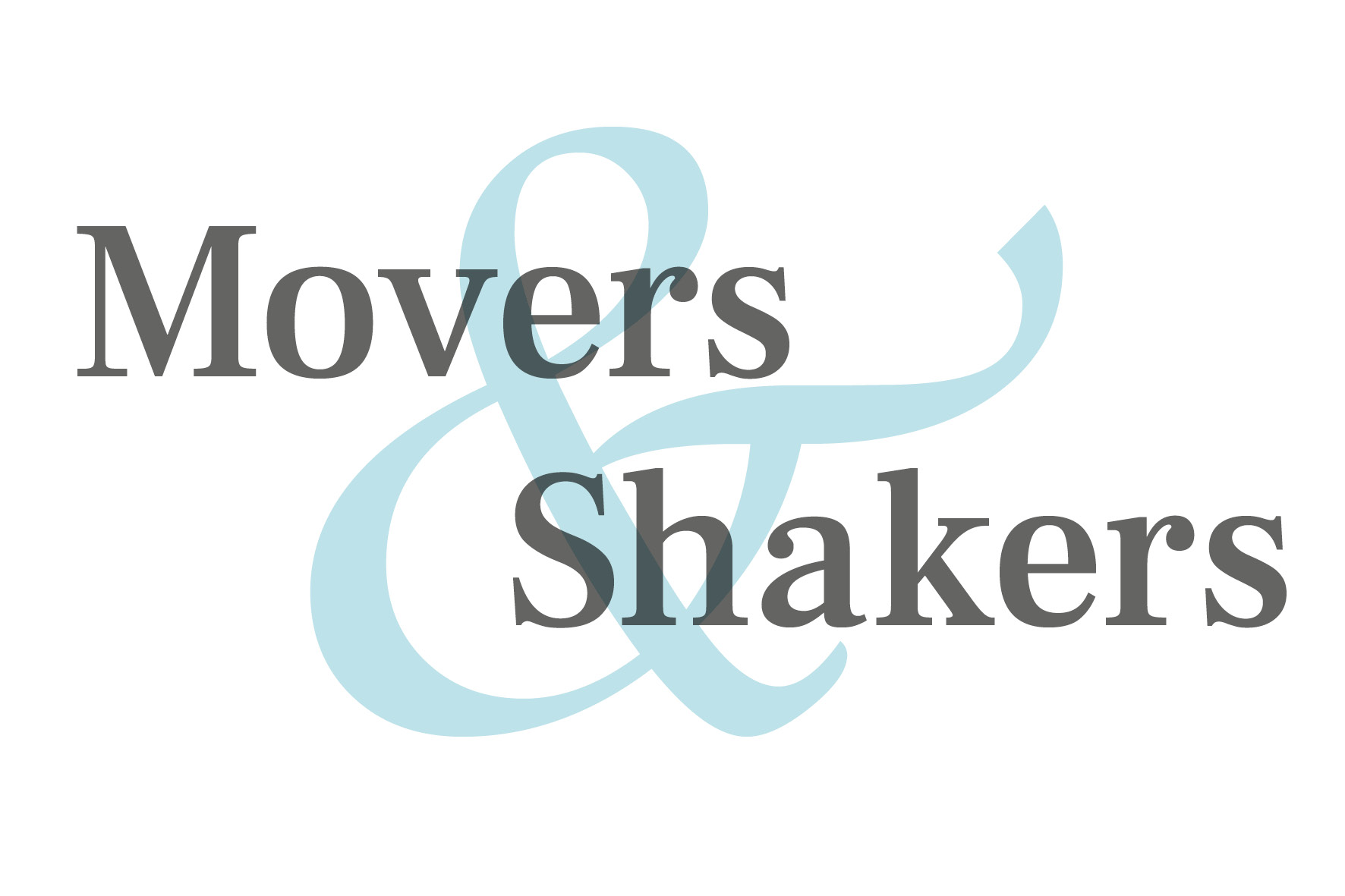
A dispute with a business partner or co–director can place enormous pressure on your business and be a major distraction from continued business development, but with the right mechanisms within the shareholders’ agreement, it should be possible to contain the dispute and the dreaded deadlock situation.
A divorce can also have a devastating impact on your business life and be financially and emotionally draining, often at a time when you need to be focusing on maintaining your business growth; the divorce of a co-director or partner can be just as distracting and disruptive.
The worst case scenario? A divorce between spouses who are business partners, co-directors and shareholders. Whatever the roots of the scenario, a forced transfer or sale of shares could easily change the balance of power in a company and on the board.
Containing potential damage
The spouse of a shareholder can ask a court to take into account the value of their spouse’s shareholding, creating a real threat to at least some of that shareholding being transferred to the claimant spouse’s name, or sold. Ideally strong shareholders’ agreements will be in place, which impose safeguards in the case of a significant shareholder’s divorce. These can include pre-emption rights for other shareholders and valuation provisions as to how the shares are to be valued for the purposes of the exercise of pre–emption rights.
Keeping it in the family
Pre- and post-nuptial agreements now have an increasing influence in law; they can afford strong protection for companies, and in particular family companies, by seeking to protect shareholdings existing pre-marriage. It’s worth considering including terms in any new shareholders’ agreement to compel consideration of pre- and post-nuptial agreements to protect the company on the marriage of a key shareholder.
But even with protection in place, a protracted and difficult divorce can still have undue influence on running and developing the business.
What’s the alternative?
Family courts have been subject to increasing pressures in recent years, with too few judges and a massive increase in the number of litigants in person trying to navigate complex divorce and financial remedy proceedings.
The result is that cases can be even more protracted, costly and stressful, preventing businesses and business owners from moving forward. It has also fuelled significantly more interest in Alternative Dispute Resolution (ADR).
ADR enables the parties to step away from the delays and uncertainty of an overburdened court system in favour of a more private - and much swifter - resolution. The parties can choose the judge, venue, pace and timing of the financial hearings. The private judge (usually a senior, experienced barrister or solicitor) will oversee the process and, in arbitration hearings, be able to make a binding judgement. There will be a cost for the judge’s fee, but when the long-term future of a business is involved, the benefits of a speedy resolution will usually far outweigh the cost if it means avoiding a lengthy court process. It will also afford more privacy. Like mediation, pursuing ADR requires the agreement of both parties.
The ADR options for financial remedy
These are usually to hold a private Financial Dispute Resolution (FDR) hearing and/or an arbitration hearing to be conducted by a private judge selected and agreed between the parties. A private FDR means that you can choose a specialist judge experienced in dealing with complex and commercial assets.
A FDR hearing is a judge-guided mediation/negotiation hearing. It can be a very effective day well spent where both parties wish to avoid the costs and risk of a final hearing. Although the presiding judge cannot impose a judgement on the parties, they can guide and provide recommendations for the parties’ and their lawyers’ further discussions.
A private arbitration hearing is another alternative; it can also be used if the initial FDR fails to reach a satisfactory settlement. As before, the advantages include being able to dictate the pace of the process, choose the date and venue and choose a commercially experienced judge. The key difference is that the parties can also rely on a binding judgement being made, rather than waiting for a two or three day final hearing to be listed in the family courts .
Hindsight is a fine thing, but better to plan for every eventuality – it’s the only way to ensure that the emotional and financial impact of personal matters on a business of any scale is contained. Shareholders’ agreements can be reviewed at any time to take account of pre-emption rights and pre-and post-nuptial agreements.
Siobhan Lomasney is a Partner in DMH Stallard’s Family team. She works from both our Brighton and London offices. Contact her at siobhan.lomasney@dmhstallard.com, or call 0207 822 1569





